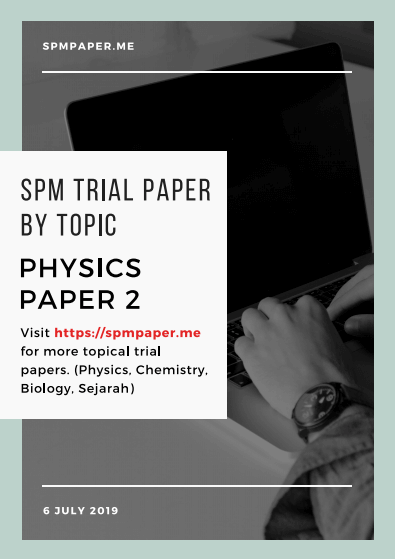Should you take A Level after SPM, explained by a former A Level Top Student
by Chan Jun Kang

What is A Level?
A Levels is one of the most widely recognized pre-university examination in the world that grants a person carte blanche to most prestigious universities. In Malaysia, there are two main types of A Level offered by Cambridge International Examinations (Cambridge A Level) and Pearson International (Edexcel International Advanced Level). This article will mainly address CIE A Level, since I have sat for the examinations back in 2016 and 2017.
If you have thought about taking A Level, chances are you either prefer 100% examination-based assessment or unsure of what to study in tertiary education. It’s okay, I used to be in your shoes when every career pathways seems like a possible choice, and that’s why I ended up with A Levels – I have zero regret, and you’ll see the reason soon enough.
Without further ado, let’s take a look at what A Level has to offer.
Duration: 18 Months (Most common) / 24 Months (2-Year) / 16 Months
Typical Intakes: January / July / March (16 Months)
Syllabus: Similar to STPM and AUSMAT, but with slightly more content
Fees: RM 16,000 – 50,000 (Depending on institution and duration)
Structure: Two parts (Advanced Subsidiary (AS) and A2)
For typical intake, students will take the AS examination after one year of study (including A2 content), and sit for the A2 examination 6 months after AS examination.
Minimum subjects: 3
Grading system (highest to lowest): A* (A2 only), A, B, C, D and E, U (Ungraded)
Now, here comes the interesting part of A Level: What subjects should I choose? That’s gotta be one of the most difficult yet the most important part prior to beginning your journey. Most people might tell you to choose subjects that you will likely to enjoy, but what good does it bring if it does not relate to your dream job? My advice is, choose subjects that are closely related to the degree that you wish to pursue in university, so that you don’t end up as a jack of all trades trying to catch up with the syllabus once you are in tertiary education.
Let me enlighten you with the three golden rules of subject selection:
1) Mathematics is a core subject
No matter what field you delve into, mathematics always play a key role: business analytics, economics, engineering, biomedicine, etc. In A Level, Mathematics is divided into three main parts: Pure Maths (P1 & P3), Mechanics (M1 & M2) and Statistics (S1 & S2). The following is the recommended paper combination (depending on university) for different career pathways.

2) Check the requirements of your desired degree in the particular university you wish to study
For the same course, different universities may have different requirements, e.g. chemical engineering in university A may require Chemistry as pre-requisite but not in university B. Some of the typical combinations are as follows.
- Engineering/Computer Science: Mathematics, Physics, Chemistry (Classic)
- Medicine/Food Science/Biotech: Mathematics, Chemistry, Biology
- Business/Economics/Finance: Mathematics, Economics, Accounting or Law/Psychology
- Actuarial Science: Mathematics, Economics, Physics
Struggling between medicine/pharmacy and engineering because of pressure by parents? Look no further, I hereby present to you the classic PURE SCIENCE package:
- Mathematics, Physics, Chemistry, Biology
Personally I would not recommended this unless you are very indecisive in your career selection, as I will highlight it in a later section. However, this is a very standard package for most students who enroll in medical degree (MBBS) or biotechnology-related majors.
3) Deciding the right subject
Choosing the right subject may sometimes be harder than finding the right match on Tinder. I have seen a few people who registered the pure science package only to drop Biology after one semester, citing engineering as their desired profession, or hating “memory-based” subjects. There are even more cases of students who went for the Engineering package, only to end up studying a Business major – this is very common, and also explains the flexibility of A Level; the endless possibilities of branching into different fields. Science package always grants you the ticket into business major, but the other way does not work (e.g. taking the business package will not allow entry into engineering).
There are also many side subjects available, such as Thinking Skills (only available at AS), English Literature, Psychology, Foreign Languages and the infamous Further Mathematics. You might wanna check out some interesting facts about Further Mathematics here.
If you like to get more information about further study, feel free to join After SPM WhatsApp group or WeChat group
WhatsApp Join Link:
https://chat.whatsapp.com/DOJUW9NJOeiHttUA6gj8U7
To join WeChat group add: skyletian97, will add you into group.






